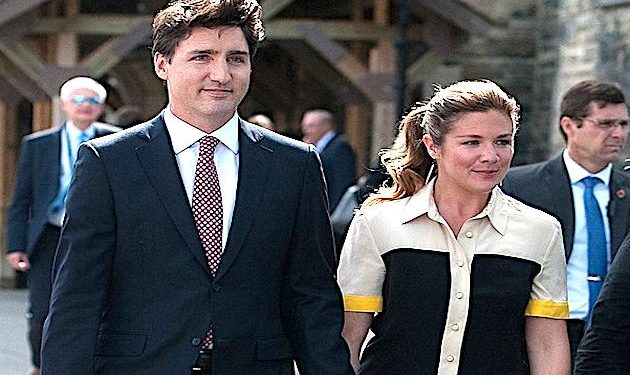- Reports from Canada say Canadian Prime Minister Justin Trudeau will schedule snap elections in September, two years ahead of schedule
- Trudeau believes he can strengthen his party’s hold on power due to the success of high vaccination rates and a post-pandemic rebound, which he hopes will translate to increased votes
- Analysts believe that if Trudeau and the Liberals do not receive a majority of seats, party members might seek a new leader
OTTAWA, Canada: Reports from Canada say Canadian Prime Minister Justin Trudeau will schedule snap elections in September, two years ahead of schedule.
Trudeau believes he can strengthen his party’s hold on power due to the success of high vaccination rates and a post-pandemic rebound, which he hopes will translate to increased votes.
The 49 year-old Trudeau would face his third election as Prime Minister.
Trudeau’s Liberal party won a majority in 2015. However, in 2019 elections he lost enough seats to force his party to form a coalition government.
To regain a majority, the Liberals would need to win another 15 seats in the 338-seat House of Commons to be able to govern on their own.
A September vote would be “an election of inches, not giant steps. We’re looking at 15 seats or so,” according to Allan Tupper, professor of political science at University of British Columbia at Vancouver, as quoted by Reuters.
“Failure would be not to win a majority … and repeat the status quo,” Tupper said.
Trudeau, however, is gambling with his own future. Analysts believe that if Trudeau and the Liberals do not receive a majority of seats, party members might seek a new leader.
Of note, the opposition Conservative Party remains behind the Liberals in the polls.
Polling suggests the Liberals could win a majority in September, as Canadians return to a life free of Covid and the economy is boosted by billions of government dollars.
Current polling show the Liberals winning 34 percent of the vote in September, which would not allow them to form a majority government. However, Trudeau is betting on winning a greater majority of votes.
In early 2021, 45 percent of adults said the COVID-19 response by the Canadian government was by far the top issue for voters. By the third quarter, however, it had fallen to the ninth most important issue, according to a July 16 Angus Reid poll.
In Canada, COVID-19 case numbers have fallen, as have hospitalizations and deaths. Also, vaccination levels are among the highest in the world.






